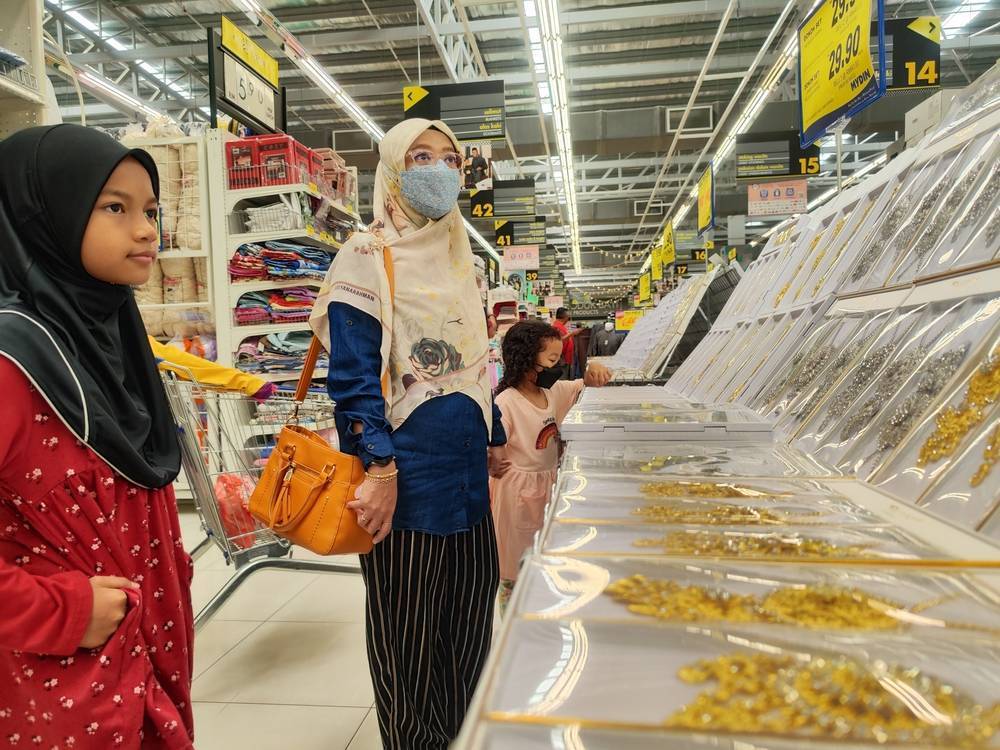Southeast Asian countries, including Malaysia, the Philippines, Vietnam, and Singapore, are witnessing a surge in COVID-19 cases, which is putting immense pressure on their healthcare systems.
This increase in cases is attributed to factors such as recent holiday gatherings and an ageing population. As a result, hospitals in the region are grappling with overcrowded facilities and acute medical staff shortages.
Malaysia’s Struggling Hospitals
In Malaysia, more than 70% of government hospital beds were occupied as of April 29, a rise of over 20 percentage points from a week earlier. Gatherings during the long Hari Raya Aidilfitri holiday drive this surge in cases. The country recorded a 25% increase in fatalities over the previous 14 days. Malaysian authorities have urged those testing positive to abide by a mandated seven-day quarantine to alleviate the pressure on the medical system.
COVID-19 Resurgence in the Philippines
The Philippines has also experienced a sharp increase in positive rates among those tested, jumping from 7% at the start of April to 17% by the end of the month. Despite over 80% of the nation’s regular hospital beds and intensive care units sitting empty, the Philippine Department of Health has asked hospitals to reopen COVID-19 treatment facilities to curb the spike in cases.
Thailand Braces for Post-Songkran COVID-19 Surge
Thailand’s Department of Disease Control (DDC) anticipates a rise in COVID-19 infections following Songkran celebrations marking the Thai New Year last week. This year’s festivities marked the first time in three years that the celebrations went into full swing due to pandemic restrictions. DDC director-general Thares Krasanairawiwong warned that the number of cases after Songkran might be higher than after the New Year when COVID-19 measures were relaxed. Between April 9 and 15, 435 new COVID-19 cases were admitted to hospitals for treatment. This is nearly three times higher than the previous week. Thirty patients experienced lung inflammation, and medical staff placed 19 on ventilation, resulting in two reported fatalities.
Indonesia Faces Challenges Amid Aidilfitri Exodus and Arcturus Variant
Indonesian President Joko Widodo urged those participating in the Aidilfitri “exodus” this week to complete their COVID-19 vaccinations before leaving. This is following the discovery of two imported cases of the XBB.1.16, also known as “Arcturus,” an Omicron sub-variant. With most travel restrictions lifted, around 120 million Indonesians are expected to hit the road to celebrate Aidilfitri. This is likely the largest wave since the pandemic began in 2020. As of Thursday, 174 million Indonesians have completed their primary vaccinations, and 68 million have received their first booster dose. Indonesia has witnessed a slight increase in its COVID-19 caseload, reporting over 900 cases a day since Tuesday. The country last week reported two imported cases of the Arcturus sub-variant.
Vietnam Reimposes Restrictions
Vietnam has also seen a rise in cases, leading to the reimposition of some pandemic-era restrictions in key cities. Public spaces in the capital, Hanoi, now enforce indoor mask-wearing mandates. Additionally, in Ho Chi Minh City, the commercial hub, authorities has ordered the reimplementation of mask-wearing on school campuses.
Singapore’s Hospital Admissions Woes
In Singapore, increasing demand from an ageing population has driven up waiting times for admission to hospital wards to seven hours. This is up from five hours just two weeks ago. A rise in COVID-19 hospitalisations in the city-state only adds to the strain.
Medical Perspective
The resurgence of COVID-19 cases in Southeast Asia has put healthcare systems under immense pressure. It highlights the need for governments to adjust to the disease’s ebb and flow in a world now living with the virus. One of the biggest challenges these countries face is the acute shortage of medical staff due to gruelling hours, low pay, and global competition for healthcare professionals.
Developing nations in the region, including the Philippines — the world’s biggest exporter of nurses — also face disadvantages in a global bidding war for doctors, nurses, and other personnel, as deeper-pocketed countries similarly need medical workers. Governments must invest in healthcare infrastructure, improve working conditions for medical professionals, and devise strategies to ensure adequate resources are available to handle the increasing demand.

